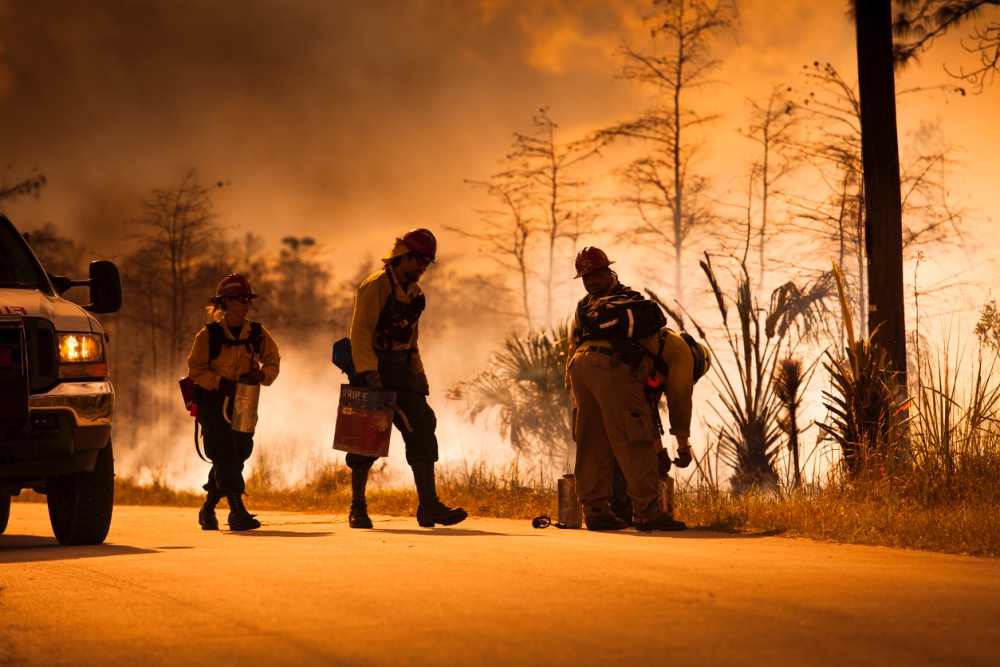How to get a Finnish IP address
The easiest way to improve your digital privacy is to switch your IP address using a VPN. We’ll …

The ability to react to real-time information is critical when battling massive wildfires. According to the Santa Clara County Fire Department, however—who was fighting the Mendocino Complex fire in July—that was a luxury they didn’t have.
In a federal court filing this week, the county’s fire chief claimed that Verizon had “throttled” its data connection down to 1/200 its usual speed, despite having paid for an unlimited plan. Verizon’s response, as their team battled the raging fires in Northern California, was to purchase a new plan at more than double the cost.
Verizon claims that the situation was a “customer support mistake” and “nothing to do with net neutrality.” The rep continued by saying that, with the specific plan they were on, “users get an unlimited amount of data but speeds are reduced when they exceed their allotment until the next billing cycle.” To get a larger allotment, you have to pay an additional fee.
Verizon says that, in this situation, they should have made an exception and lifted the speed restriction when the fire department reached out.
The Electronic Frontier Foundation, a nonprofit advocate for internet freedom, said the incident undermines the reasons large corporations highlight for eliminating net neutrality regulations. Their argument was that by allowing them to throttle content, they could actually speed up internet service for emergency responders during critical times. “We’re seeing here that’s not true,” said EFF’s Katharina Trendacosta to the LA Times. “It wasn’t net neutrality that prevented them from doing it. It’s clearly their own policies.”
Regulation or not, every internet user—whether an individual, corporation, or a government—has rights and responsibilities as it relates to the way we use the internet. In this case, Verizon had a right to throttle that content, but it also arguably had a responsibility to help out.
“Dated or stale information regarding the availability or need for resources can slow response times and render them far less effective,” Fire Chief Anthony Bowden wrote. “Resources could be deployed to the wrong fire, the wrong part of the fire, or fail to be deployed at all. Even small delays translate into devastating effects, including loss of property, and, in some cases, loss of life.”
The fire department, which claims to have been having issues since late 2017, said it suffered from email delays, difficulties in updating web-based documents, and other communication challenges. In Bowden’s court document, he went as far as to say that he believes “Verizon will continue to use the exigent nature of public safety emergencies and catastrophic events to coerce public agencies into higher cost plans, ultimately paying significantly more for mission-critical service, even if that means risking harm to public safety during negotiations.”
Verizon, however, said that it was an honest mistake and that it is “reviewing the situation and will fix any issues going forward.”
What do you think? Should the fire department simply have paid more for a plan that didn’t feature throttling? Or, should Verizon have made an exception to their policy to help the department combat the blaze?
Let us know in the comments below, and as always, prevent throttling on your devices by downloading the free Hotspot Shield app.
